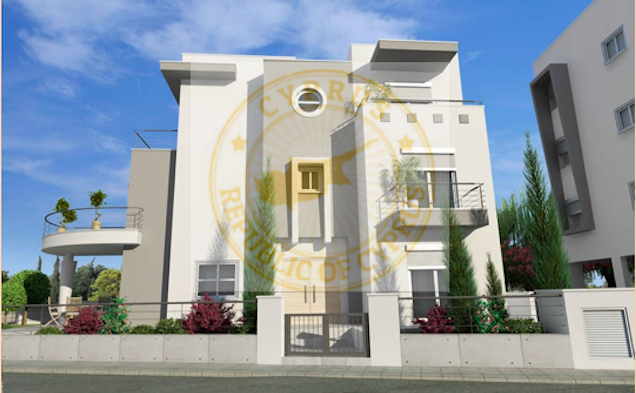23 Thursday 2017

Recent geopolitical developments and the detrimental March 2013 events on the Cyprus economy, have accelerated the replacement of a vague, opaque, time-consuming and ineffective naturalization programme that preexisted with poor results and minimal contribution in the real Cyprus economy, with a modern and successful one, for the naturalization of foreign investors in Cyprus.
In fact that in the last few years alone, the sector of land development has attracted more than two billion euros of fresh money in Cyprus with positive repercussions on various other sectors of the Cyprus economy. We cannot ignore the fact that all five series of six-year government bonds that have been issued up to now by the Republic of Cyprus, have been fully subscribed relieving the state budget, but above all aiding decisively the effort of restoring the trust of foreign investors in the collective effort to re-ignite the Cypriot economy and exit the economic deadlock of the last years.
Even though the scheme for the naturalization of investors is not a Cypriot invention, as other European countries have offered such schemes long before Cyprus, the success of the Cypriot programme is on the one hand due to the combination of advantages offered and on the other hand on the simple, short and transparent procedure that is currently being followed.
Qualified investments can be in various categories ranging from Governmental bonds, Cypriot businesses and organizations, immovable property, infrastructure projects in Cyprus, deposits in Cyprus banks or a combination of the above. Further analysis of the approved investments is not the purpose of the current article since the investments are listed on the website of the Ministry of Interior (www.moi.gov.cy).
We present below the most important elements which in our opinion, must exist in an attractive naturalization plan and we compare it with the Cypriot naturalization scheme:
• The investment that is required must not have a high risk for the investor:
The Cypriot scheme offers the possibility to the investor to choose from a wide range of investments. The majority (if not all) of the available choices are considered not only of a reduced risk, but also investments which in the future will pay a return to the investor on the initial capital invested.
• There must be a reasonably limited period of time for keeping the investment:
The minimum time that the investor has to keep the investment is set at three years in comparison with other European schemes, where the time period is anywhere from five to eight years (with the exception of the permanent physical residence that must be acquired in Cyprus which should remain in the possession of the investor indefinitely or if sold, must be replaced with another of an equal or greater value).
• The cost of the investment should be logical:
The Cypriot programme begins from 2.5 million euros for the participation of the investor in a collective investment scheme and reaches 5 million euros in case the investor chooses the individual participation in the plan. The investment amount is deemed at par with other European plans. In addition, it is worth mentioning that the Cypriot plan does not provide for any amount that the investor has to give as a mandatory donation to the State.
• The citizenship acquisition must have immediate effect:
The Cypriot citizenship has a direct effect once the application is approved (from the Council of Ministers) in comparison with competitive programmes where the citizenship is awarded after a specific period of time has elapsed that can reach up to eight years!
It is also worth noting that the Cypriot citizenship is awarded directly following the approval of the investment without requiring the physical presence of the investor in Cyprus before or after its acquisition (other than the initial visit where the applicant takes the oath to respect and abide by the Constitution in Court) and without the requirement for any language proficiency test.


